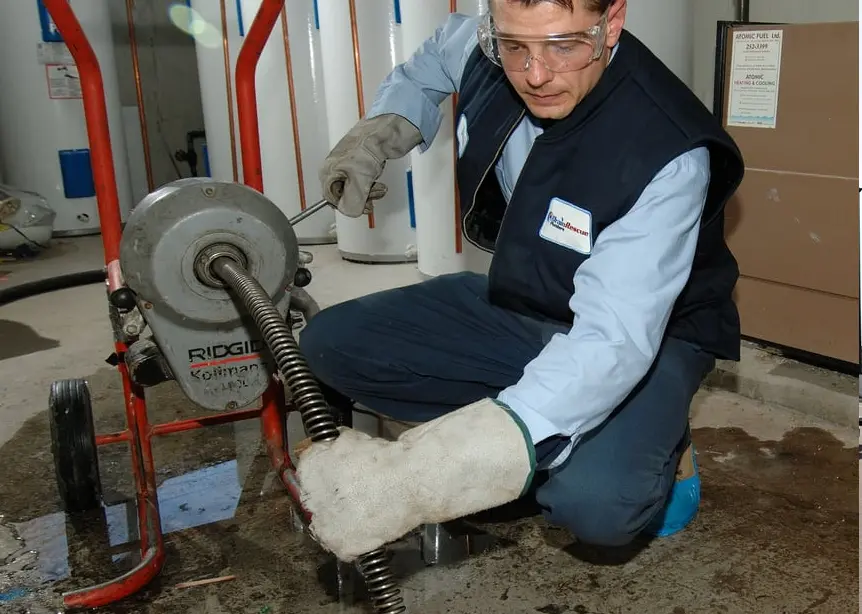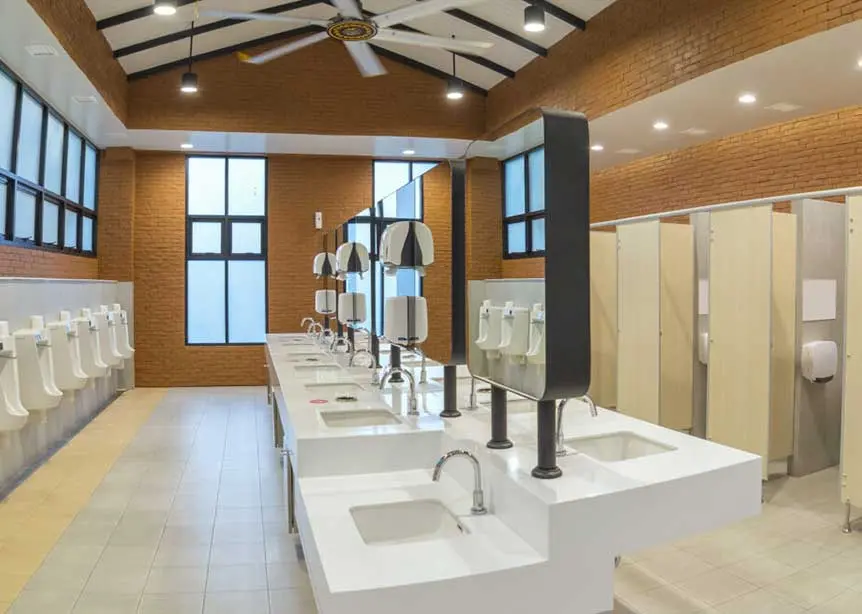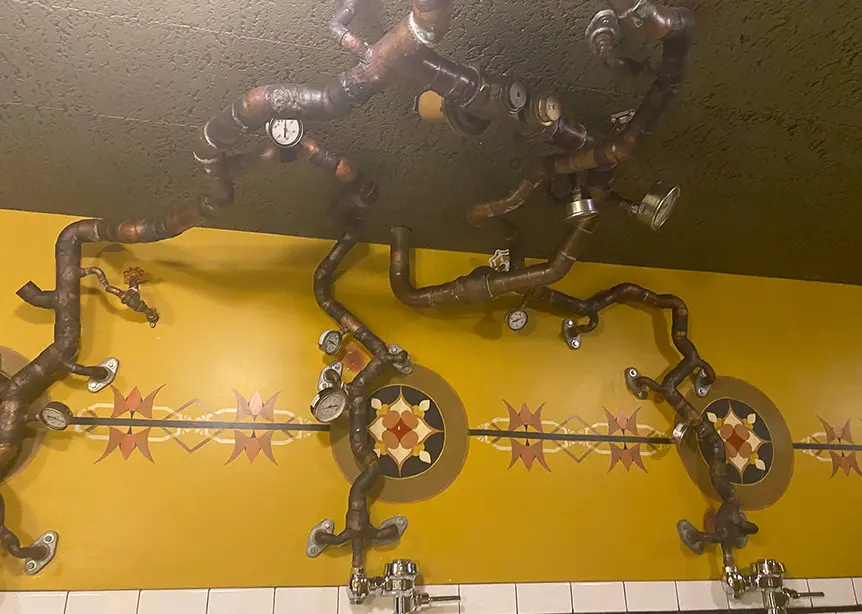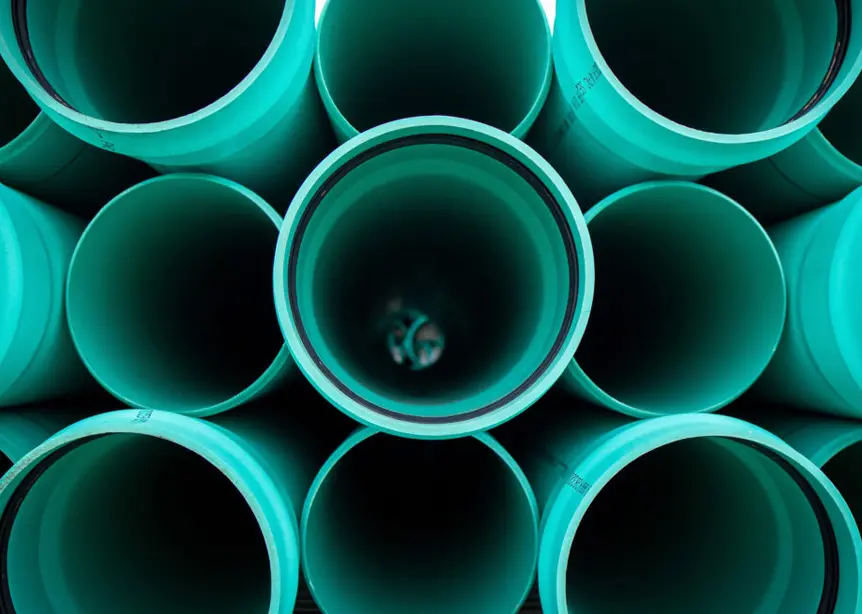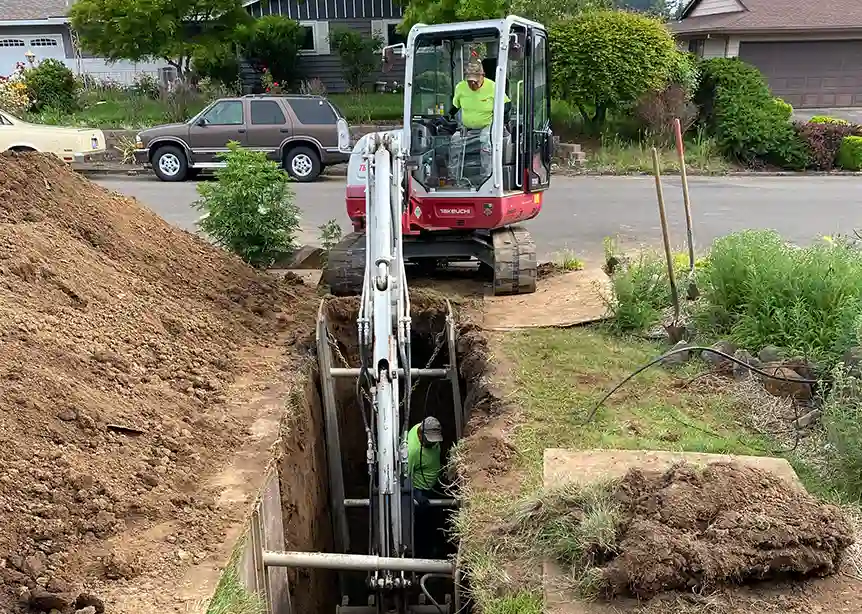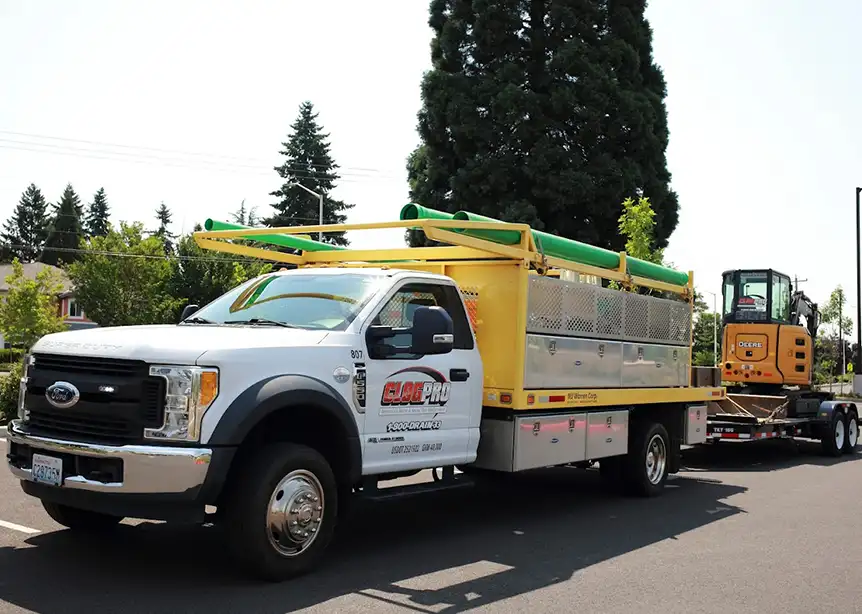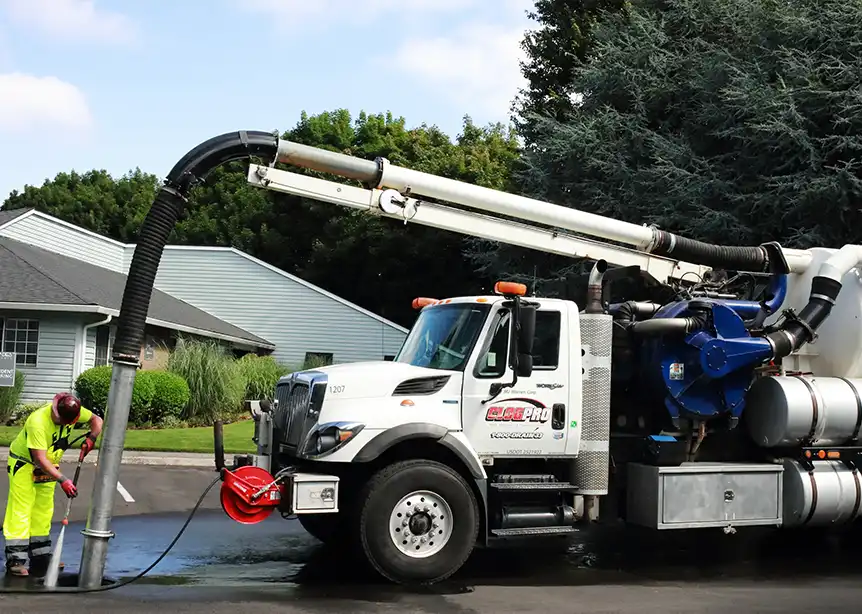OUR PLUMBING SERVICES
Residential & Commercial
Vancouver WA | Portland OR | Gresham OR | Beaverton OR
At Clog Pro, we hire the most experienced plumbers, and we always have a plumbing contractor on-site for major plumbing jobs to make sure everything goes smoothly. You can rest assured that our technicians will be able to take care of what you need efficiently.
Our team is experienced in both residential and commercial projects, with an attention to detail that guarantees client satisfaction.
Drain Cleaning
Dealing with sewer drainage problems can be stressful and overwhelming. Clogs and blockage issues in pipes always seem to come up unexpectedly and at the most inopportune times.
Repipe Services
When you decide to use Clog Pro for your new fixture repipe, you can rest assured you are getting industry-leading products and service.
Trenchless Pipe Replacement
Trenchless pipe repair methods for water and sewer line replacement are available for residential, commercial, and industrial applications.
Clog Pro Services in Vancouver WA and Portland OR
Serving Clients in the Greater Vancouver WA and Portland OR Areas:

